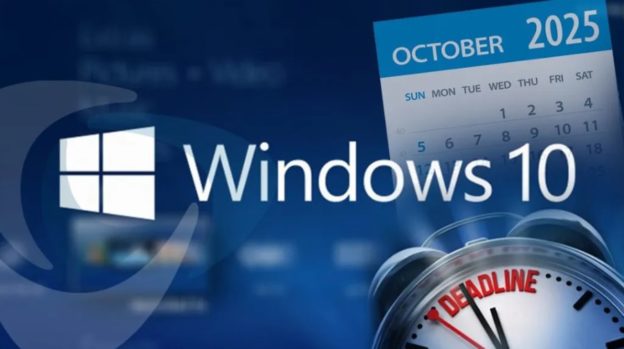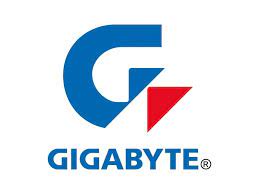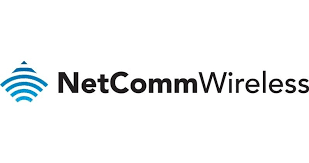Tech Support Scams: How to Protect Yourself
Tech support scams are a type of scam where criminals pose as tech support professionals in order to trick people into giving them money or personal information. These scams can be very convincing, and they can target anyone, regardless of age, income, or education level.

Tech Support Scams How to Protect Yourself
How to do Tech Support Scams work
Tech support scams involve fraudsters who impersonate reputable technology companies and deceive individuals into believing their computers have technical problems or malware. They use unsolicited phone calls, pop-up ads, or phishing emails to contact potential victims and create a sense of urgency and fear. The scammers gain access to victims’ computers, install malicious software, steal personal information, and offer unnecessary services or software at high prices. They often request payment through credit cards, wire transfers, or prepaid gift cards.
Legitimate tech companies do not typically initiate unsolicited communication regarding technical issues, so it’s important to independently verify suspicious claims before providing personal information or granting remote access.
Here are some examples of tech support scams:
- A caller claiming to be from Microsoft says your computer has a virus and needs to be fixed. They will then ask you to give them remote access to your computer so that they can “fix” the virus.
- An email claiming to be from Apple says your iPhone has been hacked and you need to click on a link to fix it.
- A pop-up on your computer says your computer is infected with malware and you need to call a number to get it fixed.
If you receive a communication from someone claiming to be from a tech support company, there are a few things you can do to protect yourself:
- Don’t panic. Scammers often try to create a sense of urgency in order to pressure you into making a decision without thinking clearly. Take a deep breath and slow down.
- Ask questions. Legitimate tech support professionals will be happy to answer your questions. If the caller or emailer is unwilling to answer your questions or becomes angry when you ask, it’s a red flag that they may be trying to scam you.
- Verify the caller’s identity. Hang up the phone and call the tech support company directly using a phone number you know to be legitimate. Do not call the number provided by the caller or emailer.
- Never give out personal information over the phone or email. This includes your Social Security number, bank account number, or credit card number.
- Report the scam. If you believe you have been the victim of a tech support scam, report it to the Federal Trade Commission (FTC) at ftc.gov/complaint. You can also report the scam to the tech support company that was impersonated.
Here are some additional tips to help you avoid tech support scams:
- Be suspicious of any unsolicited calls or emails. Legitimate tech support companies will not contact you out of the blue.
- Do not click on links in emails or text messages. These links could lead to malicious websites that can infect your computer with malware.
- Be careful about what information you share online. Scammers can use information you share on social media or other websites to target you with scams.
- Keep your software up to date. Outdated software can have security vulnerabilities that scammers can exploit.
To protect yourself, be cautious of unsolicited tech support calls, messages, or pop-ups claiming your computer has issues. Legitimate tech companies won’t contact you without a prior request. If you suspect a scam, independently verify the source before providing personal information or allowing access to your computer. Remember that legitimate companies don’t ask for payment through unconventional methods like prepaid gift cards. Stay vigilant and report any suspected tech support scams to the appropriate authorities.
Written by The Original PC Doctor on 28/5/2023.





















































































